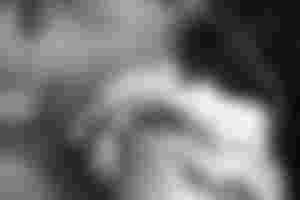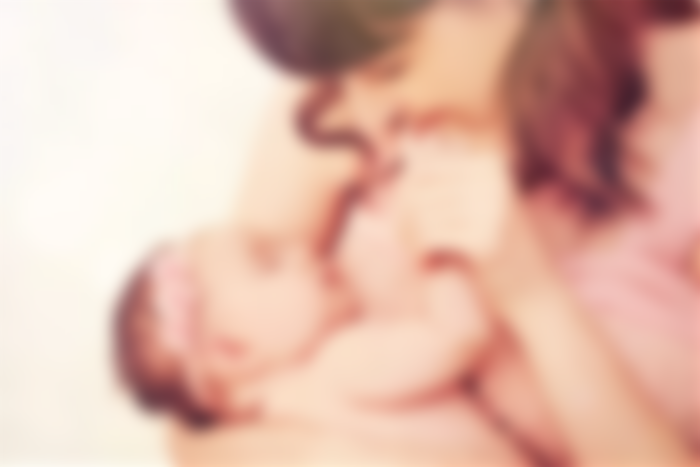I Can't Live Without You... Really?
I can't live without him, we complement each other, I'm incomplete without him, I can't imagine a world without him... These expressions, which we all hear or say personally in our daily life, sound like sympathetic and romantic words of love, may not actually be that innocent.

From 'I'm nothing without you' you're either with me or nobody's! These sentences can be the seats of a dangerous seesaw with suicide on one end and murder on the other.
A person can hardly survive alone when all is well. Let's think about the evolutionary development system, imagine that you are a healthy hunter-gatherer. You know which plant is poisonous and which is non-poisonous, and you have the muscle development maturity to hunt small land animals or fish, but imagine you broke your foot, or simply caught a cold and are very weak, if you don't live in a commune that is your death sentence.
For this reason, man, by nature, does not tolerate loneliness. Because a crowded community is a shelter, a safe harbor where the individual can meet his physical needs in every condition and situation.
For this reason, we want to have others around us in order to survive, the feeling of loneliness is disturbing because it creates the possibility of not being able to meet physical needs rather than a thought of spiritual singleness.
Imagine a newborn human cub, unable to perform basic vital functions such as feeding, relocating, cleaning, protecting from dangers without the help of others. Considering this biological inadequacy, it is inevitable for a human infant to develop an attachment to its caregiver from the first days of its life.

The caregiver is not only a resource that satisfies physical needs, but also the first object that meets social needs. This first object is often the mother. The mother is the first addiction of human beings, which is connected with ties that get stronger as the needs are met.
This bond is the first indicator of how change-resistant personality patterns that affect a whole later life will form. Every newborn carries a sense of 'fundamental anxiety' characterized by fear of abandonment by the parent.
The methods of coping with this basic anxiety belonging to the early stages of life determine the attitudes of the individual in the bilateral relations that he will experience in the later periods of his life.
A mother who is warm, sensitive, ready to meet the needs of the baby and not rejecting will be able to provide the necessary environment for the baby to have a "secure attachment" with himself. In 'secure attachment', the individual feels the confidence that the 'other' will be there in times of need, and this paves the way for consistent relationships to be established in the future.
But with a reactive, emotionally distant mother, the baby forms a relationship in the form of an 'ambivalent attachment'. Individuals who encounter this attachment style in the early stages of their lives may experience inconsistency in their relationships in the future, and the people around them may complain that they are excessively passionate and jealous.
The duty of the mother is not only to meet the needs of the baby moment by moment, but also to provide the child with experiences of solitude and calm environments where he can stand by himself so that the individual can develop a healthy 'self'. Only in this way, the mother, who is the first object, turns into a transitional object and becomes 'other'. This break is necessary for self-development.
This relationship that a human baby establishes with its first caregiver, which is usually the mother, is like a roadmap separated by fine lines, in which very delicate balances are observed. If this path can result in a healthy individuation, the person can become the subject of coherent relationships.
Otherwise, if individuation cannot be completed in a healthy way, it is inevitable to be a feather in the spectrum of psychopathology ranging from neurosis to psychosis.
Addiction is an irresistible, unavoidable desire for an object or person. The person exposes himself to the object to which he is addicted with increasing doses or frequency and experiences feelings of deprivation in the absence of the object to which he is addicted.
Although the person knows that the object to which he is dependent is harming him physically or psychologically, he cannot prevent himself from continuing this situation. This can manifest itself in a drug addiction, sex addiction, gambling addiction, or addiction to a person.
Addiction is like a self-fulfilling prophecy. Take someone who is addicted to a person. The person he is close to can be a parent, child, friend or lover. The relationship with this person is a one-sided relationship that cuts off the addict's connection with life, just like in drug addiction.
The basic emotion felt in dependence on a person is fear, the fear of losing 'that' person... He does his best not to lose the person to whom he is addicted, his own value judgments and worldview do not matter, he does not exist anymore, 'he' exists. If 'it' exists, 'it' does not exist.
This shift from being an individual to being nothing begins to frighten the addicted person, narrowing and squeezing their living space. When this situation is noticed, the dependent person cannot resist the increasing fear of losing and tries to increase intimacy without realizing that he is enslaving in a vicious circle.
In the end, the thing he fears most happens, his addiction causing him to lose 'it'. Fear of loss has cost the loss like a self-fulfilling prophecy.

From that moment on, the person develops a great hatred and anger in proportion to the dependence he feels on the person he adores, which only serves to drive the lost person further away, and now the addicted person has entered a vicious cycle of self-feeding hatred-deprivation.
The solution lies in questioning the reality of the sense of nothingness. Nobody is everything to anybody. Everyone is everyone's thing. Whether 'he' exists or not, 'me' exists. When the 'it' is out of my life, what's left is me and I am the source and cause of the new 'it's.


